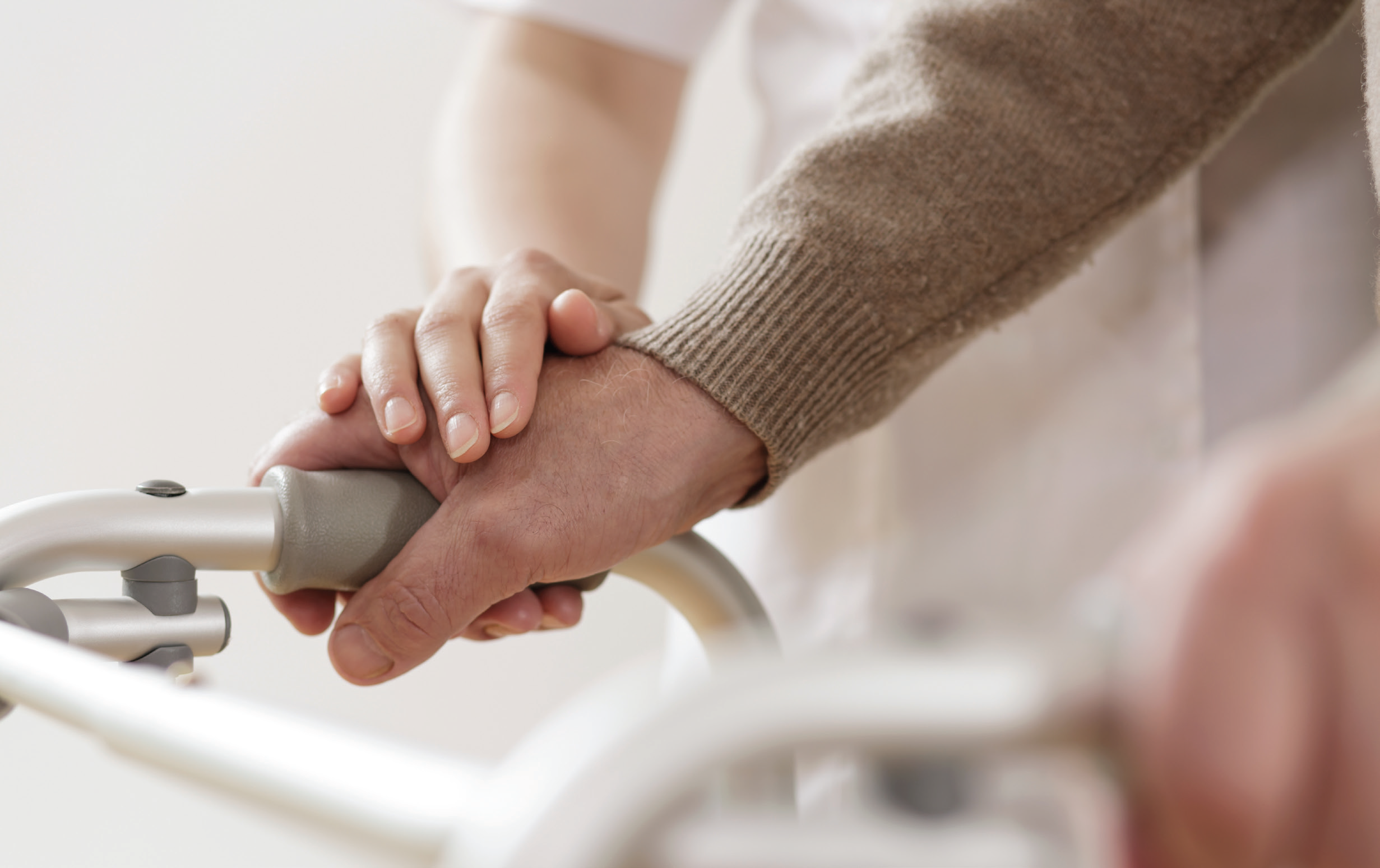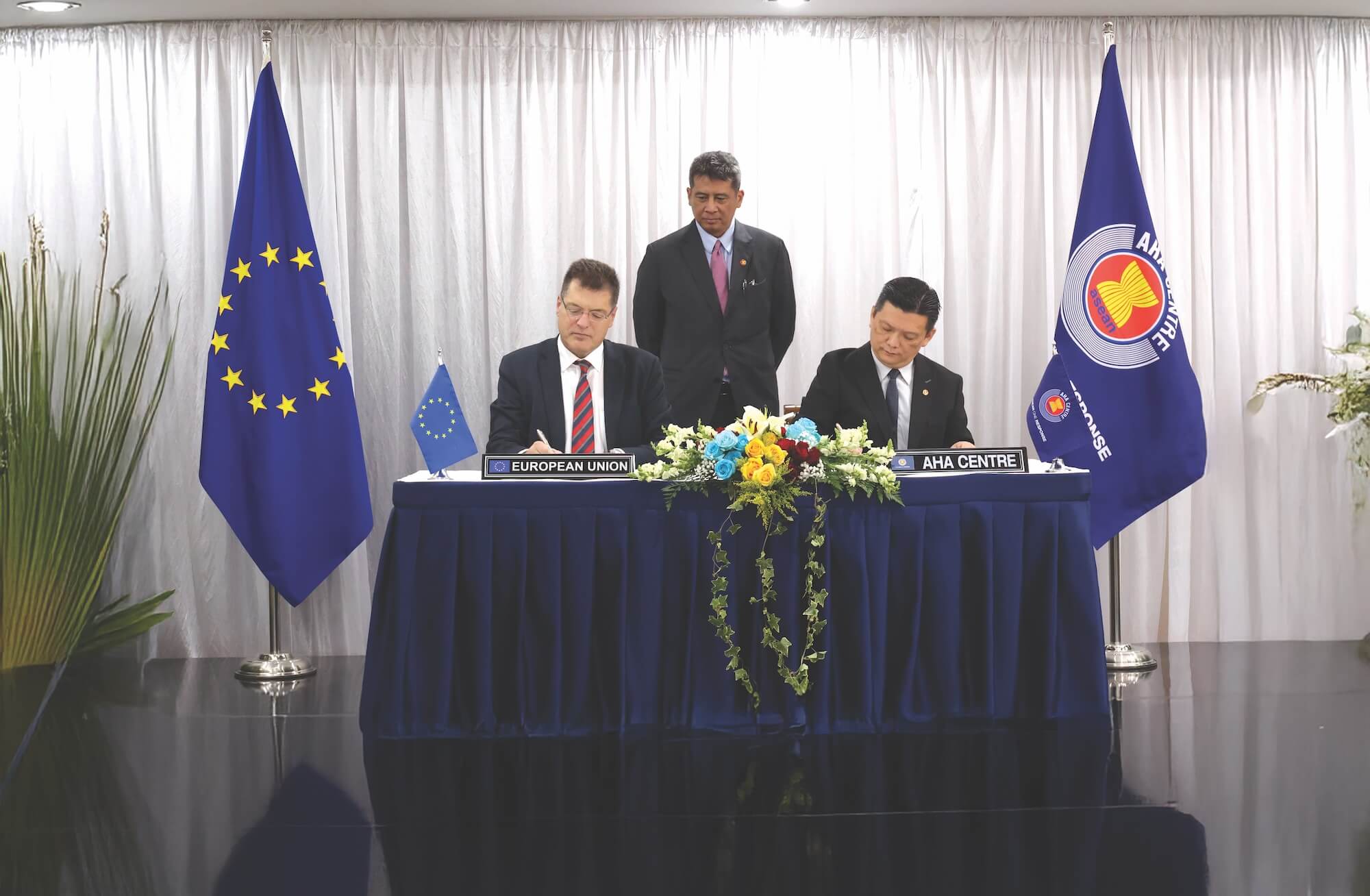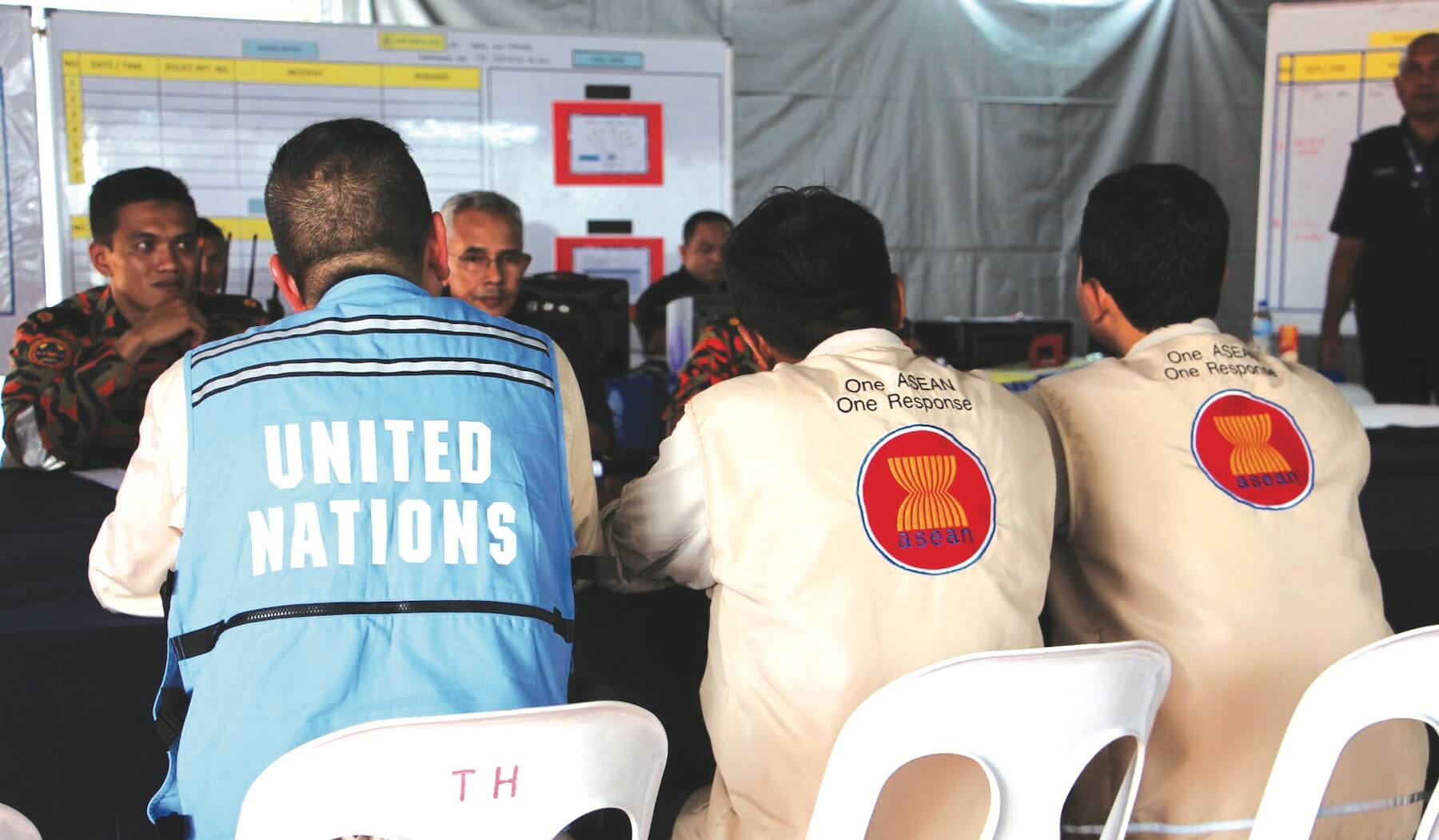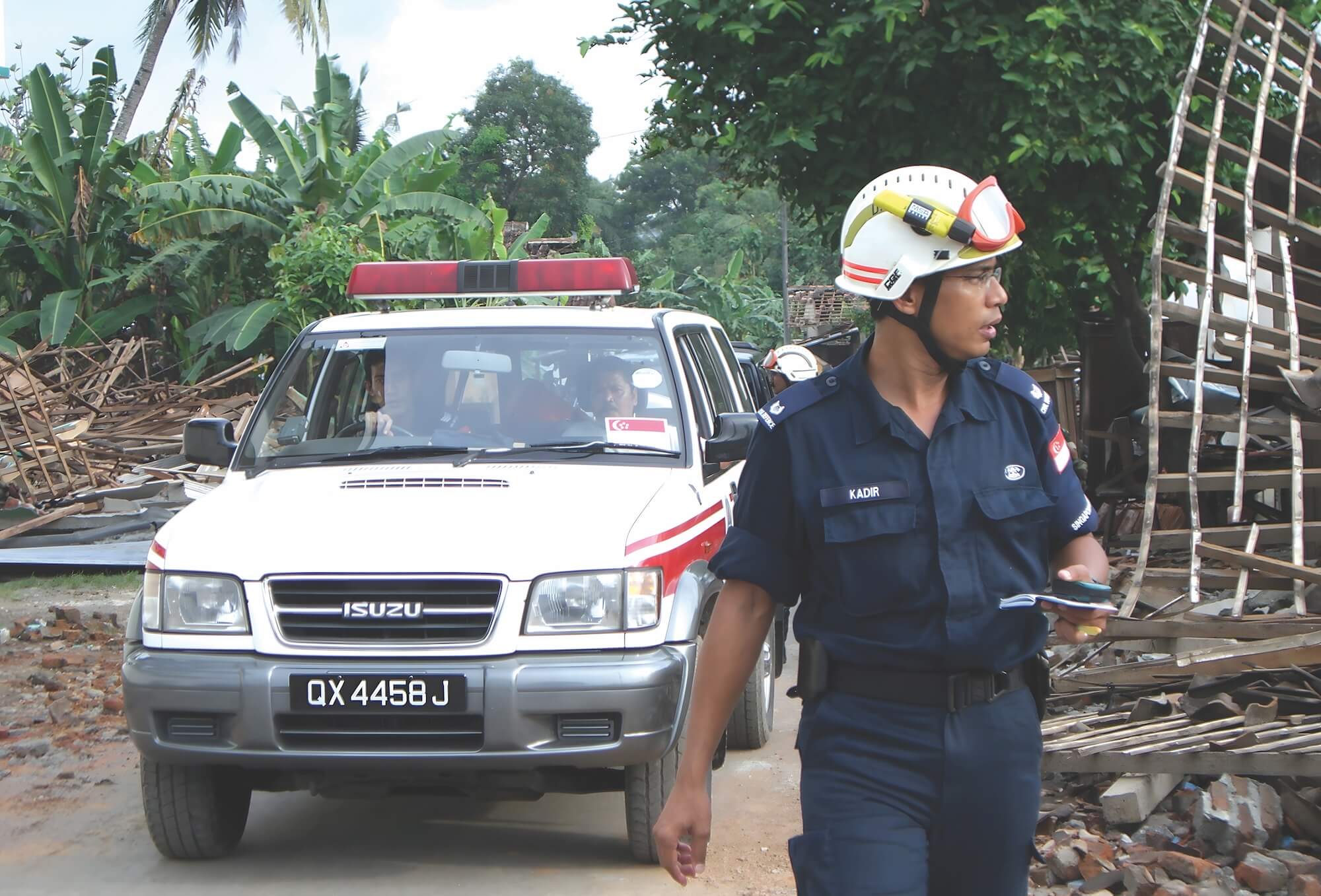



How has the COVID-19 pandemic affected persons with disabilities (PWDs) in ASEAN? How can their needs, concerns, and recommendations be mainstreamed into post-pandemic recovery efforts?
These were the questions faced by an excellent line up of speakers in the web forum organised by the ASEAN Secretariat, the ASEAN Disability Forum, and the General Election Network for Disability Access on 26 August 2020.
The web forum, titled “Disability Inclusion and COVID-19: Engaging Persons with Disabilities for Effective Response Recovery,” was the first in a series of web forums tackling the issue of disability inclusion in ASEAN. In his opening remarks, Deputy Secretary-General of ASEAN for the ASEAN Socio-Cultural Community Kung Phoak said that the webinar series aims to contribute to the ongoing implementation of the ASEAN Enabling Masterplan 2025: Mainstreaming the Rights of PWDs, the regional bloc’s blueprint for promoting and protecting the rights of PWDs.
In this first web forum, speakers from the PWD community verified initial assessments that the pandemic and the measures instituted by governments to contain it have exacerbated the vulnerabilities and daily struggles of PWDs.
Information about and key messages about risk and prevention are not getting across to people with a diverse range of disabilities such as the hearing- and visually-impaired, or those with intellectual and developmental disabilities, especially during the first few months of the pandemic. “At the beginning, a lot of announcements and infographics on TV are not accessible because we do not have sign language interpretation and we also do not have audio,” said Wong Yoon Lon of the National Council for the Blind, Malaysia. This information void has increased PWDS’ levels of anxiety and distress, and made them more susceptible to fake news coming from unofficial sources.
Wong added that government-mandated lockdowns or stay-at-home orders have made it difficult for PWDs to get the special assistance they need, including buying daily necessities and medicines and preparing meals. “Not all are living with their families and friends…sometimes (even if) you give them provisions like rice, they cannot cook it themselves,” he said. “Physical distancing may also discourage the public from offering assistance to PWDs.”
It has also become tougher for PWDs to get the routine medical treatment that they require due to lack of transportation services, inaccessible support system, and concern for their safety. “I see many women with disabilities refuse to go to the hospital even if they are suffering from diabetes and high blood pressure because they fear getting infected,” said Nguyen Hong Ha of Hanoi Independent Living Center, Viet Nam. PWDs also have a hard time accessing COVID-19 tests since only a few hospital facilities offer testing. Wong said that even if these facilities are within reach, many frontliners may not have the proper training to explain the procedures and handle PWDs with care and sensitivity.
Children with special needs who come from poor families and live in remote areas are excluded from online learning since they have no access to smart devices and connectivity, Nguyen added. This only serves to further stunt their development and heighten their sense of isolation. Nguyen said that violence against women and children with disabilities during lockdowns is also a growing concern.
The economic fallout from the pandemic has also severely impacted PWDs. Many have lost their income and livelihood, ending their relative independence or leaving them unable to support their families. While ASEAN governments have provided cash and in-kind assistance to the poor and vulnerable groups, these are not sufficient and sustainable. “The assistance provided by government is only for basic expenses, not considering the disability-related costs, such as maintenance medicine, access to transportation, personal assistance, and delivery assistance,” said Arnel Manlapaz of the Life Human Center for Independent Living, Philippines.
Forum speakers said that the pandemic handed out important lessons on what measures eased the burdens of PWDs during the pandemic and what more can be done to support them as countries move towards recovery.
Extending social protection schemes to PWDs is one of these measures. “Countries that have ongoing programmes where they offer social protection to PWDs were able to immediately upscale these during the pandemic and ensure that extra assistance went out to PWDs,” said Srinivas Tata, Director of the Social Development Division of the UN Economic and Social Commission for Asia and the Pacific. He said that covering PWDs with comprehensive social protection scheme is well within reach of Member States and costs only a fraction of their GDP.
Higher and sustainable funding for disability inclusion is also necessary. Bagus Santoso of DEFINIT Asia said that the current value of support for PWDs, at least in the case of Indonesia, is not sufficient and raised the need to allocate more funds in the national budget for programmes that promote empowerment and inclusion of PWDs. Since funds are not limitless, Santoso suggested providing full support for PWDs who have severe disabilities and are completely dependent, and employment and entrepreneurial opportunities for PWDs who are skilled and have economic potential. He commended Member States, such as Indonesia, that have instituted quotas for employment of PWDs in the public and private sectors—a significant stride towards inclusion.
ASEAN may likewise mobilise funds from partner organisations to support programmes benefiting PWDs. Jillian Ray of the Australian Mission to ASEAN mentioned the continuing partnership between the Australian government and ASEAN on initiatives to protect the rights of persons with disabilities and other vulnerable groups. “Our Disability Rights in ASEAN project continues to advocate the use of the Enabling Masterplan in COVID-19 response and recovery and we continue to explore opportunities to support ASEAN bodies and disability partners in this work,” she said.
Involving organisations of persons with disabilities is an effective way of delivering information and assistance to the PWD community. “These organisations are natural mechanisms to monitor the situation of PWDs. They give feedback to the government; at other times, they take additional action, such as looking for resources to support PWDs,” said Manlapaz. Richard Tan, Focal Point of Singapore for the Senior Officials Meeting on Social Welfare and Development, mentioned several PWD organisations that carry out inspiring work within the region, such as the ASEAN Disability Forum which has been engaged in raising awareness, providing training, and harmonising legislation in several Member States.
Since PWDs are not a homogenous group, collecting and systematising data on PWDs are cited as essential for better programme targeting and provision of emergency assistance. “Lack of data is connected to poor targeting, but even if data are available, they are not used for delivery of services,” said Manlapaz.
Embedding PWDs’ concerns into regional and national post-pandemic recovery and rebuilding plans will also guarantee that the differently-abled are not left behind. Tan said that ASEAN Member States are miles ahead in this area, with ASEAN Leaders issuing the Declaration of the Special ASEAN Summit on COVID-19 and five ministerial bodies—labor, agriculture and forestry, health, economic, rural development and poverty eradication—setting their respective plans to address the pandemic and its aftermath. “Equally important is the special meeting convened by ASEAN ministers of social welfare and development, the ones in charge of the ASEAN Enabling Masterplan 2025 and looking after the welfare of the vulnerable groups in ASEAN,” said Tan. He said that the ministers recognised the differentiated and disproportionate impact of the pandemic on vulnerable groups such as PWDs and pledged to support mainstreaming disability in all COVID-19 measures, such as access to facilities, social protection, and allocation of public funds.
The first web forum, streamed through Zoom, YouTube, and Facebook, was attended by some 100 participants from organizations of PWDs, ASEAN’s dialogue and development partners, and sectoral bodies of the socio-cultural, economic, and political-security pillars. Sita Sumrit, Head of the Poverty Eradication and Gender Division of the ASEAN Secretariat, mentioned that the next two web forums will focus on applying disability inclusion principles to ASEAN’s economic integration agenda and smart-city and connectivity initiatives.








